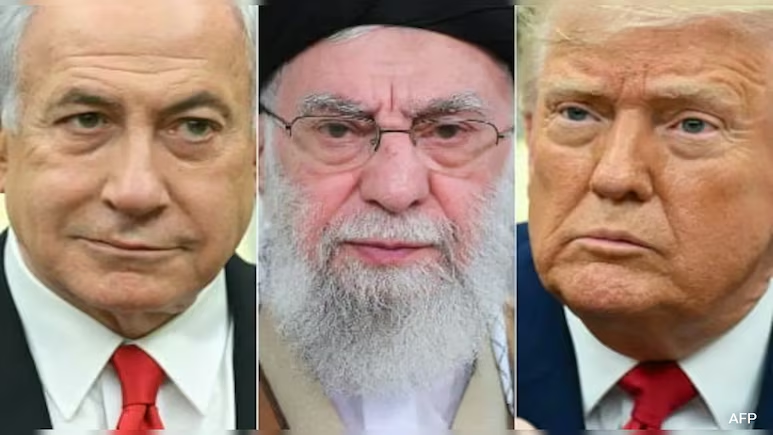As tensions reach a boiling point in the Middle East, the United States has officially intervened in the Iran-Israel conflict, launching airstrikes on three nuclear sites in Iran. President Donald Trump called the operation a “very successful attack,” warning Tehran of “far greater” consequences if hostilities continue. With global attention now sharply focused on the escalating crisis, here are five likely scenarios that could unfold next.
1. Iran Could Retaliate Against US Bases Across the Middle East
In response to the US strikes, Iran may launch missile attacks on American military bases in Iraq, Syria, and the Gulf. Iranian state TV has issued threats against all U.S. personnel in the region, calling them “legitimate targets.” Heightened security measures have already been implemented in major U.S. cities, including Washington D.C. and New York, with authorities bracing for potential reprisals.
U.S. Begins Evacuating Diplomats from Israel as Iran Conflict Escalates
2. Israel May Launch a Full-Scale Offensive Against the IRGC
Israel may initiate a large-scale preemptive strike against Iran’s elite military force, the Islamic Revolutionary Guard Corps (IRGC). In preparation, Israel has moved to emergency mode nationwide, halting non-essential activities, including schools and most workplaces. Analysts believe Israel will aim to cripple Iran’s military infrastructure to prevent further escalation.
3. Iran May Activate Its Proxy Network to Strike Israel
Iran could turn to its regional allies – Hezbollah in Lebanon, Shiite militias in Iraq, Houthis in Yemen, and Hamas in Gaza – to attack Israel indirectly. Dubbed the “Axis of Resistance,” these groups form Tehran’s multi-front strategy to counter U.S. and Israeli pressure. While internal weaknesses have kept them relatively quiet so far, Hezbollah recently pledged “all forms of support” to Iran, signaling a possible resurgence in cross-border attacks.
4. China and Russia May Back Iran While Calling for Restraint
China and Russia, both major geopolitical players, are likely to urge de-escalation while tactically supporting Iran. China recently accused President Trump of “pouring oil on the fire,” and urged Israel to cease hostilities. Russia, meanwhile, has warned against U.S. military intervention and raised alarms over the risk of a nuclear disaster if Iran’s Bushehr plant is attacked.
5. Oil Prices May Skyrocket If Iran Closes the Strait of Hormuz
A major global consequence of the conflict could be a sharp rise in oil prices, especially if Iran blocks the Strait of Hormuz, a vital waterway for 20 million barrels of oil daily. While some oil can be rerouted via Saudi and UAE pipelines, the increased risk and logistical costs would still push global fuel prices higher. Experts warn this could destabilize global markets and burden consumers worldwide.
Conclusion: A Volatile Road Ahead for the Middle East and the World
The U.S. entry into the Iran-Israel conflict marks a dangerous new phase with global repercussions. From military escalations and proxy warfare to economic shocks and diplomatic standoffs, the path ahead is fraught with uncertainty. As the world watches, the stakes could not be higher.

